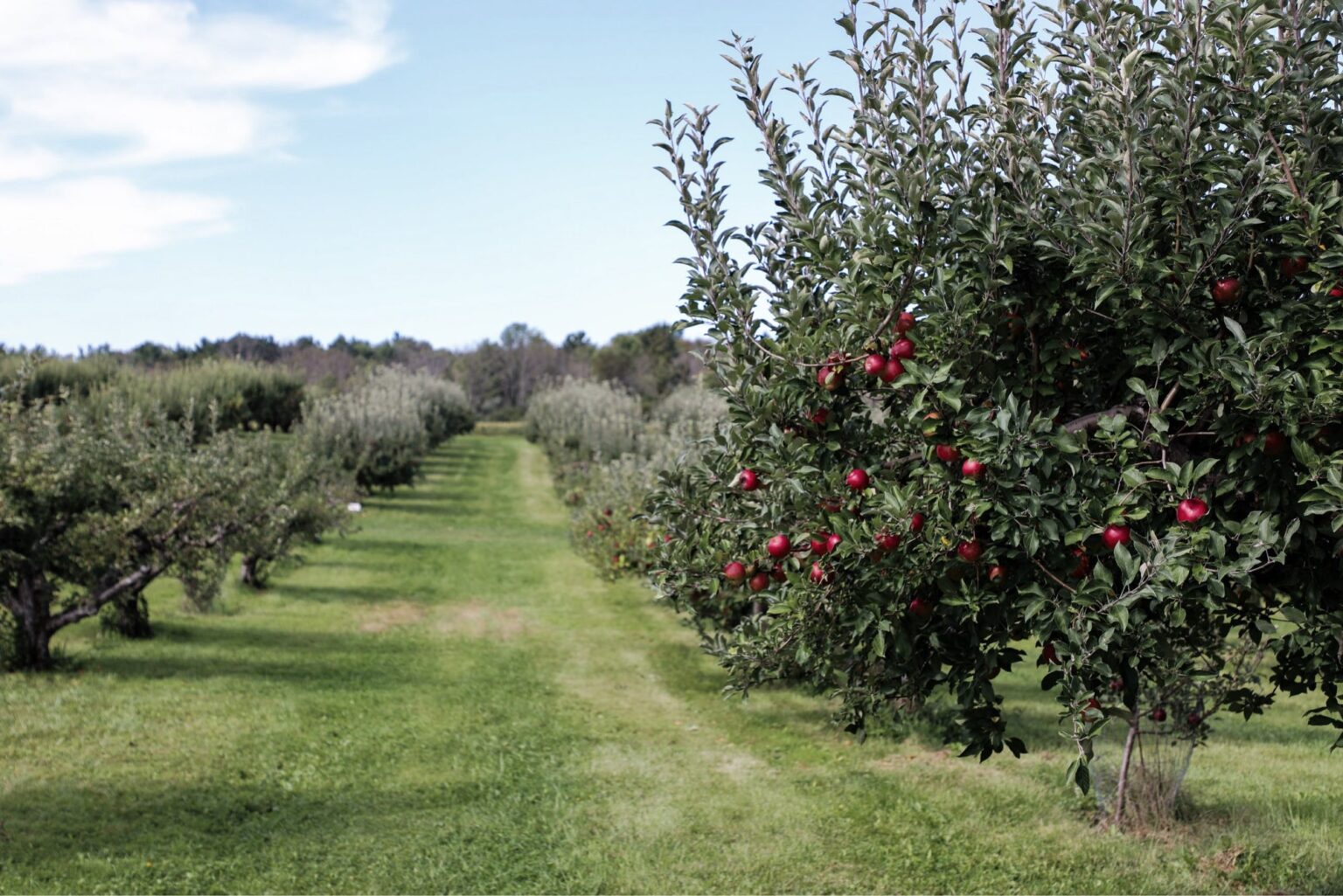Government Takes Steps to Protect Zimbabwe’s Indigenous Fruit Trees from Climate Change
The government of Zimbabwe has recognized the increasing threat that climate change poses to the country’s indigenous fruit trees. In response, it has initiated various strategic policies and conservation efforts aimed at safeguarding these essential natural resources.
Recent investigative reports have highlighted the alarming decline of wild fruit species in drought-prone areas, particularly in Matabeleland North. These findings have prompted the government to take the issue seriously and implement measures to address the challenges posed by rising temperatures, erratic rainfall, and human activities.
Kudzai Ndidzano, acting director of the Climate Change Management Department under the Ministry of Environment, Climate and Wildlife, emphasized the importance of the report and the need for continued awareness. He stated that the ministry is actively working on policies and programs designed to ensure the long-term protection and sustainable use of indigenous fruit trees.
Ndidzano outlined several key frameworks guiding the government’s actions. These include the National Climate Policy, the National Climate Change Response Strategy, and the National Adaptation Plan (NAP), which focus on enhancing national climate resilience through ecosystem-based adaptation strategies. These initiatives aim to protect vulnerable tree species and promote biodiversity conservation.
Another critical framework is the Zimbabwe National Biodiversity Strategy and Action Plan (NBSAP), which encourages the sustainable use, conservation, and restoration of biodiversity. This includes both in-situ and ex-situ methods to protect wild fruit trees.
In addition to these policies, the Forestry Commission has launched targeted tree-planting initiatives focusing on indigenous fruit species. These efforts are promoted during the annual National Tree Planting Day and Tree Planting Season, established under a presidential declaration. These interventions have provided relief to communities, allowing them to engage in planting fruit trees as a livelihood activity while also contributing to climate adaptation.
The government is also strengthening partnerships with non-governmental organizations, academic institutions, and community-based programs. Key collaborations include the Community-Based Natural Resource Management (CBNRM) program, which empowers communities to conserve natural resources. Additionally, the CAMPFIRE program supports the sustainable use of non-timber forest products, including indigenous fruits, as part of broader community livelihood strategies.
Looking ahead, the Ministry is exploring the development of a National Indigenous Tree Conservation Programme (NITCP). This initiative aims to catalog threatened fruit species, establish seed banks and genetic conservation sites, and promote agro-forestry models that integrate indigenous trees into smallholder farming systems.
In Matabeleland North, where the effects of climate change are evident, Provincial Affairs and Devolution Minister Richard Moyo highlighted the urgent need for action. He noted that when rains do come, they often result in floods that uproot wild fruit trees. Conversely, periods of no rain negatively impact the quality of these fruits, making them sour, smaller, or less juicy.
Moyo also pointed out that human-driven pressures, such as veld fires, deforestation, and the indiscriminate cutting of trees for firewood, are accelerating the decline of indigenous fruit trees. Some people burn bushes due to a lack of awareness, which destroys the ecosystem that supports these trees.
To combat this, the government is intensifying public awareness campaigns that educate communities on the importance of conserving wild fruit trees and discouraging destructive practices like bush burning.
Zimbabwe will host the 15th Conference of the Parties (COP15) to the United Nations Convention to Combat Desertification (UNCCD) later this month in Victoria Falls. The summit will serve as a platform to address pressing environmental challenges on a global stage. Moyo expressed hope that COP15 will catalyze more robust, long-term solutions and attract further support for the country’s indigenous biodiversity.






